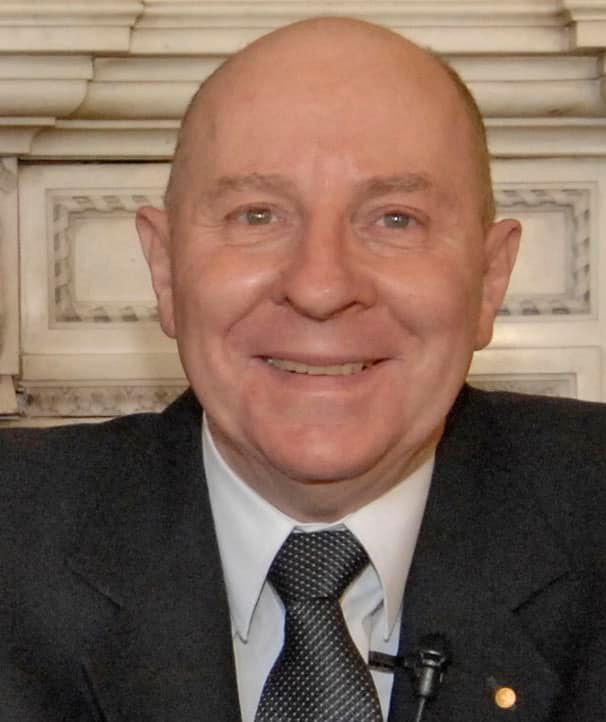Story by Peter Trethewey, AQA CEO
At the end of 2022 we received the sad news of the unexpected passing of Cliff Wise.
Many readers will know, or know of, Cliff. For all of us at AQA Cliff was one of our founding fathers, joining the Board of the newly formed AQA Victoria Ltd in 1987. He would later Chair the Board from 1991 – 1994.
At a recent memorial service, people drawn from every corner of Cliff’s life shared similar stories of a generous spirited man with a quirky sense of humour who always looked for the positive in life.
I’d like to pay tribute to a man who made a tremendous contribution to the lives of others through his involvement in the establishment of funded Home Based Attendant Care.
One of AQA’s strategic objectives is that our voice is heard in public discourse, advocating for our clients and community in matters that affect them.
It’s hard to imagine in an NDIS & TAC world, but back in the mid ‘80s Australia was only just starting to consider alternatives to institutional living for those who had sustained a high level SCI. Prior to 1987, there was no such thing as funded personal care to support people with physical disability in the community.

At the time of his injury, Cliff was married with young children and an established career. At home, at work and in his community was where he needed to be. Cliff was one of the first to pilot a new home based Attendant Care Program, at that stage offering 350 places across Australia, to encourage people with disability living in institutional accommodation to live in the community.
There had been a poor take up of places in the first year of the pilot from people in nursing homes, and there was a real risk that this fledgling program would be lost.
The AQA Board joined forces with DASSI, another member-based attendant care organisation, to create a lobby group set on:
- Converting the Pilot Attendant Care Program into a recognised Accommodation Support Service in its own right, included in the Disability Act 1986.
- Widening the target group to include people in acute and rehabilitation care, people already in the community and in danger of being institutionalised or re-institutionalised.
- Expanding the restrictive guidelines to allow for provision of more hours to cater for individual needs where required.
Among its many activities, the group headed to Canberra for face-to-face meetings with relevant Ministers and Senators, using their lived experience to educate about what attendant care was, and how cost effective community based supports were compared to the costs of Supported Residential placement.

At the time, Senator Janet Powell, herself having contracted polio, addressed the Senate:
I return to Cliff Wise, the school teacher I have referred to. Looking at the actual figure involved, because he is now back in productive work and because his wife has not had to stay at home and look after him full time, as she might have had to do under different circumstances, she is able to make an economic contribution as well. Indeed, figures supplied to me show that the net cost of attendant care in this case would be $16,945. The unemployment benefit that would have had to be paid to him if he were not able to be employed would be $5,500 plus associated benefits. All up, the cost per person would be under $11,000. In this case we have two productive members of the community in work paying taxes far above what the cost to that community and to the Government would be.
This could have been straight out of the Productivity Commission report that led to the NDIS.
In short, as a result of their work, the Disability Act was amended and Community Based Attendant Care became recognised alongside other supports.
In a recent memoir, Cliff reflected: this involvement is the singular most satisfying contribution I have made in my time as a disabled person. Without the intervention of this group the concept of “attendant care” may well have withered on the vine and not exist in its current form, and at the worst, not exist at all.
Cliff’s legacy is certainly found in his family and friends, in his professional and community achievements and the way he lived life positively. His legacy is also in reminding us of the power of lived experience applied to advocating for our clients and community in matters that affect them, and, as the baton gets passed, in prompting us to ask the question: what are the issues in 2023 that would have seen Cliff drive his Ford Fairmont Ghia station wagon to Canberra to make the case?
On behalf of everyone at AQA, we celebrate the life and lasting legacy of Cliff Wise.
- January 23, 2023




